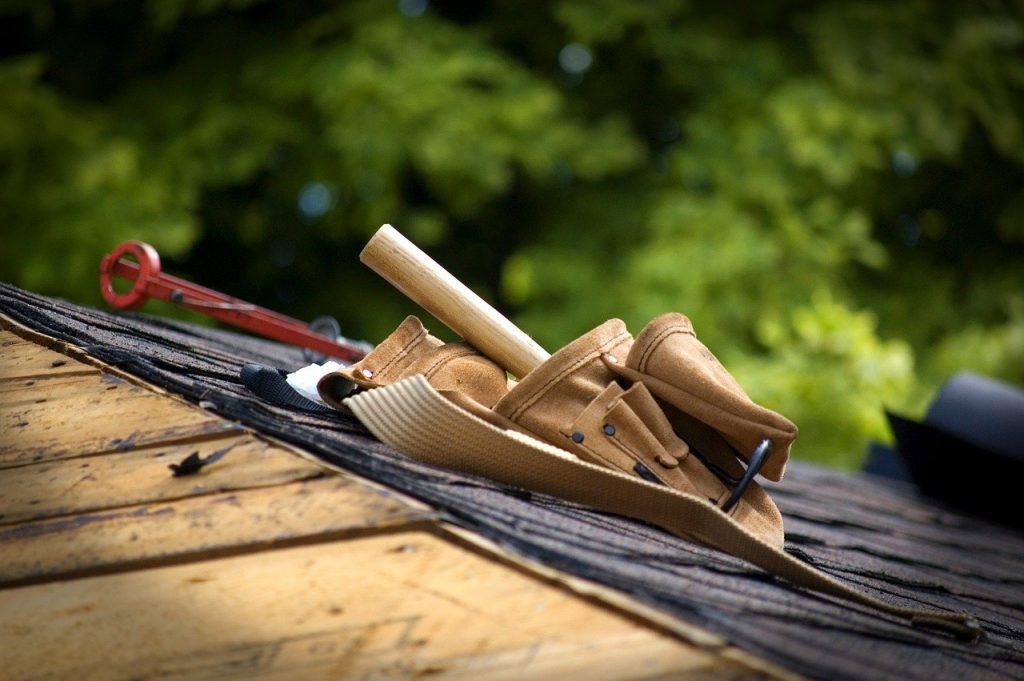Avoid This Mistakes When Building A Home

 Your dream home is in your sights and you know what it will look like. But have you ever thought about what you don’t like or need in your home? Do you think you’ve really considered the entire thing? Have you really thought through what is best for you?
Your dream home is in your sights and you know what it will look like. But have you ever thought about what you don’t like or need in your home? Do you think you’ve really considered the entire thing? Have you really thought through what is best for you?
Bad planning and small budgets can lead to disastrous, costly, and inconvenient mistakes. If you’re planning on building a home, it is essential to consider the whole picture.
1. Pay attention to your HVAC system
Poor planning can lead to mold growth and water damage. This can lead to health issues. Your units’ size should also be considered. Too small units will cause your home to heat and cool inefficiently. If your home is too warm in winter, and too hot during the summer, you’ll regret it. On the contrary, those who are too large will consume too much energy
2. Poor space planning
Space planning and design are important, even if there are no plans to build large homes. Although ample storage is essential, be mindful of where you place it. Are you sure that the master bedroom needs an oversized walk-in closet? This space could easily be converted to a master bathroom or bedroom. It is important to consider where your closets should be placed. Each bedroom should have one, as well as the main hallway. Too many storage spaces can mean that the living area is reduced.
3. Poor overall planning
Consider your lifestyle when designing your new home. How long are you planning to live in this house? You will need to consider safety features for children who are young or old. Maybe you will need to look at your needs later on in life when you are approaching retirement age. Long-term planning is key to determining where you are going and what you will need from the home.
4. Poorly lit houses
You should have plenty of outlets, light fixtures, and outlets. Also, windows. Windows should be placed in every room, and they should be as big as possible. The main source of light should always be natural light. Skylights are also an option.
5. Under-utilized rooms
It sounds tempting to add a playroom, a game room, or a multipurpose area to your home. But only do it if you are sure the room will be used. What good is a gym that’s not being used? An unused room is often used as a storage area for items that aren’t being used. It is important that your spare room can be easily converted from one type to another if you intend on adding it.
6. Placement for the laundry room
This is a very personal decision. I’ve had laundry areas in the basement, as well as off the mudroom that was far away from all my bedrooms. Both weren’t ideal. The laundry area, or washer/dryer, should be fairly close to bedrooms. Many people do not like the idea of upstairs laundry space.
 7. Placement of the bedroom
7. Placement of the bedroom
The bedroom must be at least 20 feet away from traffic and other noises. If members of your family will be frequenting the master bedroom during sleep or rest, they shouldn’t be placed near or above it. It would be wise to keep the master bedrooms away from the central living areas. If you want your home to be on one floor, the master should be at the far end of the house. It should also be the end closest to the garage.
8. Placement in the kitchen
In two of my homes, the kitchen was far away from the main entrance. You had to walk through the house to bring groceries into the kitchen. I hated the location. The kitchen should be near a garage or back entry, as well as the living and dining areas.
9. Placement
It is more preferable to the garage on the main level, close to a mudroom or kitchen. The garage is often compared to Grand Central Station. It’s full of people who come and go with their dirty clothes, heavy backpacks, groceries, and large items. I prefer dirt and chaos to be contained in the kitchen area and mudroom.
10. You can let someone else tell you what you need.
You know best your family and their lifestyles and needs. Professions may offer some suggestions, but they cannot tell what you really need. Only you, and only you, can determine what is best suited for you and the family. What is the most important thing I have not covered in your overall home design?





